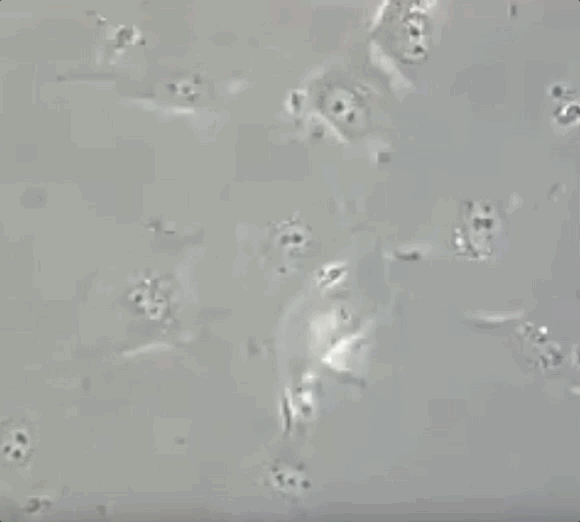THE WOMEN & MEN OF $TEM™ CALENDAR 2018 | $ERIES 1.0
Years come and go, each faster than the previous. With the passage of time, technological and medical discoveries are providing advancements to our world, universe, and places in between. Our progress often leaves us in wonderment without much thought to its foundations.
This year we commemorate those who contributed to the progression and understanding of humanity through $cience, Technology, Engineering, and Math ($TEM™). For our 2018 $TEM Calendar, we have selected twelve eminent and unsung $TEMmers™ of diverse backgrounds whose struggles did not impede their determination and astuteness. Sure, you’ve heard of Galileo Galilei and Dorothy Crowfoot Hodgkin, but what about Daniel Hale Williams and Anandi Gopal Joshi?
“It is a beautiful and delightful sight to behold the body of the Moon.”
Daniel Hale Williams, MD started out shoemaking, but later performed the third open-heart surgery in the world. He earned his medical degree 36 years after the segregated American Medical Association was founded. In 1891, Dr. Williams established the first multiracial hospital and nurse training center, Provident Hospital, in South Chicago.
As Dr. Williams was entering medical school, Anandi Gopal Joshi, MD was traveling to the US from India to study medicine with the encouragement of her husband- he wanted her to “set an example for all women”. Despite suffering from tuberculosis (TB), Dr. Joshi earned her medical degree from Women’s College of Pennsylvania in 1886, which was 5 years before Dr. Williams founded Provident Hospital and 4 years after Robert Koch determined the TB-causing microbe. She died from TB a year after becoming the first Indian woman to earn a medical degree from the United States.
Seventy-eight years after Dr. Joshi earned her medical degree, Dorothy Crowfoot Hodgkin, PhD won the Nobel Prize in Chemistry for co-discovering the structure of Vitamin B12 using protein X-ray crystallography. Although Dr. Hodgkin discovered the structures of insulin and penicillin that treat people with diabetes and bacterial infections, respectively, she died of a stroke.
Nearly 300 years prior to Dr. Williams and Dr. Joshi breaking ground in medicine, Galileo Galilei found himself under house arrest in Italy for establishing and publishing the Copernican System. In the 1600’s it was considered heresy to promote theories of the earth not being the center of the universe, despite Galileo’s mathematical model. We can also thank him for devising a telescope that led him to discover Jupiter’s 4 largest moons- Calisto, Europa, Ganymede, and Io. Galilei died while imprisoned for his scientific findings because they antagonized orthodox and non-secular beliefs.
This is the voice of 7 women and 5 men who were the doctors, inventors, mathematicians, and scientists who pioneered in times of difficulty. Our 2018 $TEM Calendar imparts daily reminders throughout the year that regardless of obstacles or circumstances, Next-Gen $TEMmers™ will continue to shape the future via innovations that move humanity forward.
SCIENTIST T-SHIRT
PAYING HOMAGE TO THE O$ - BARBARA KRUGER












